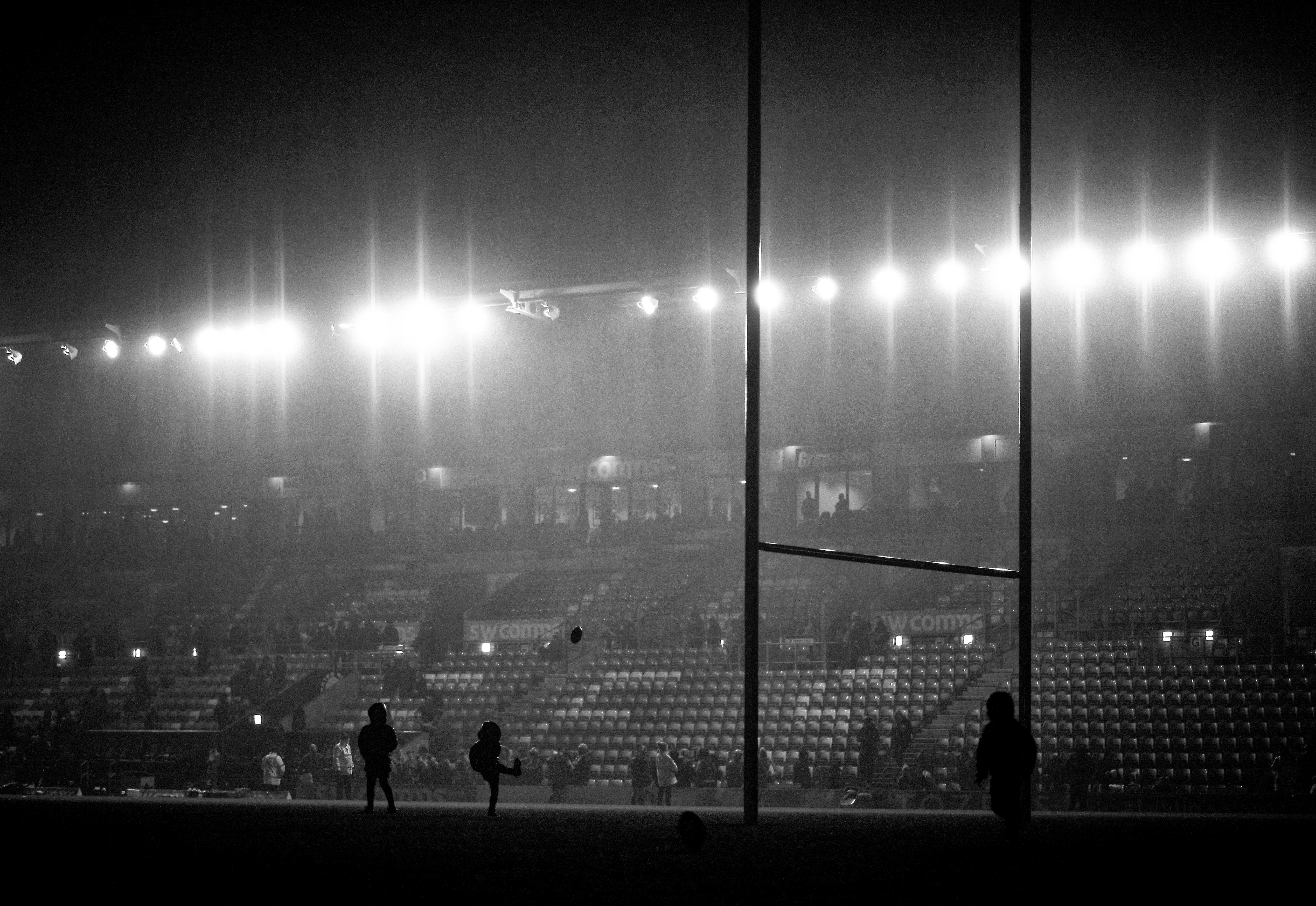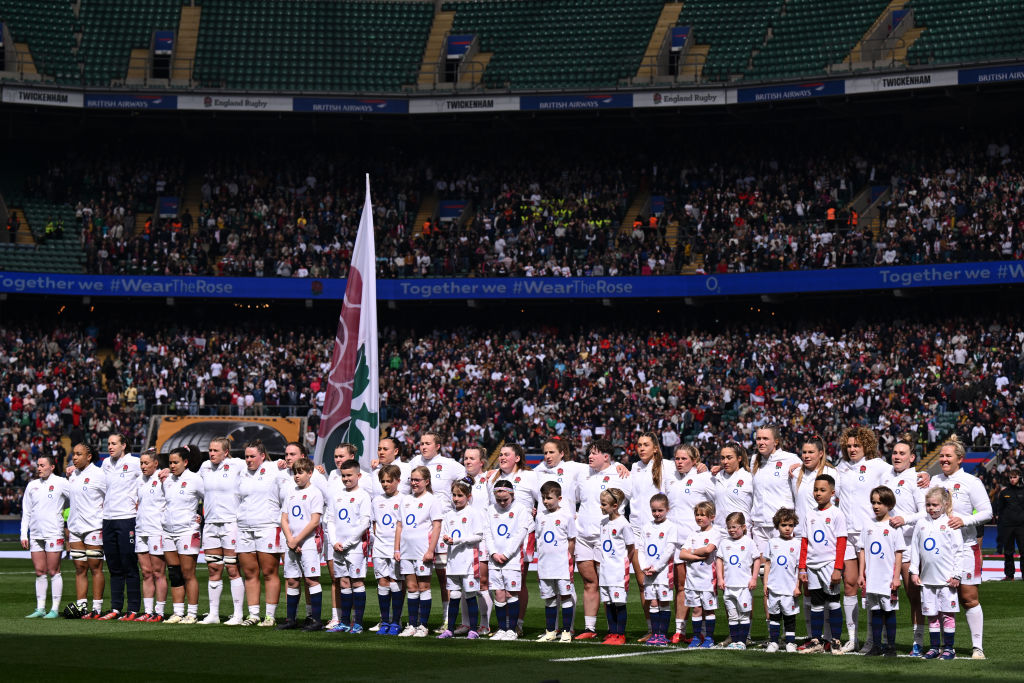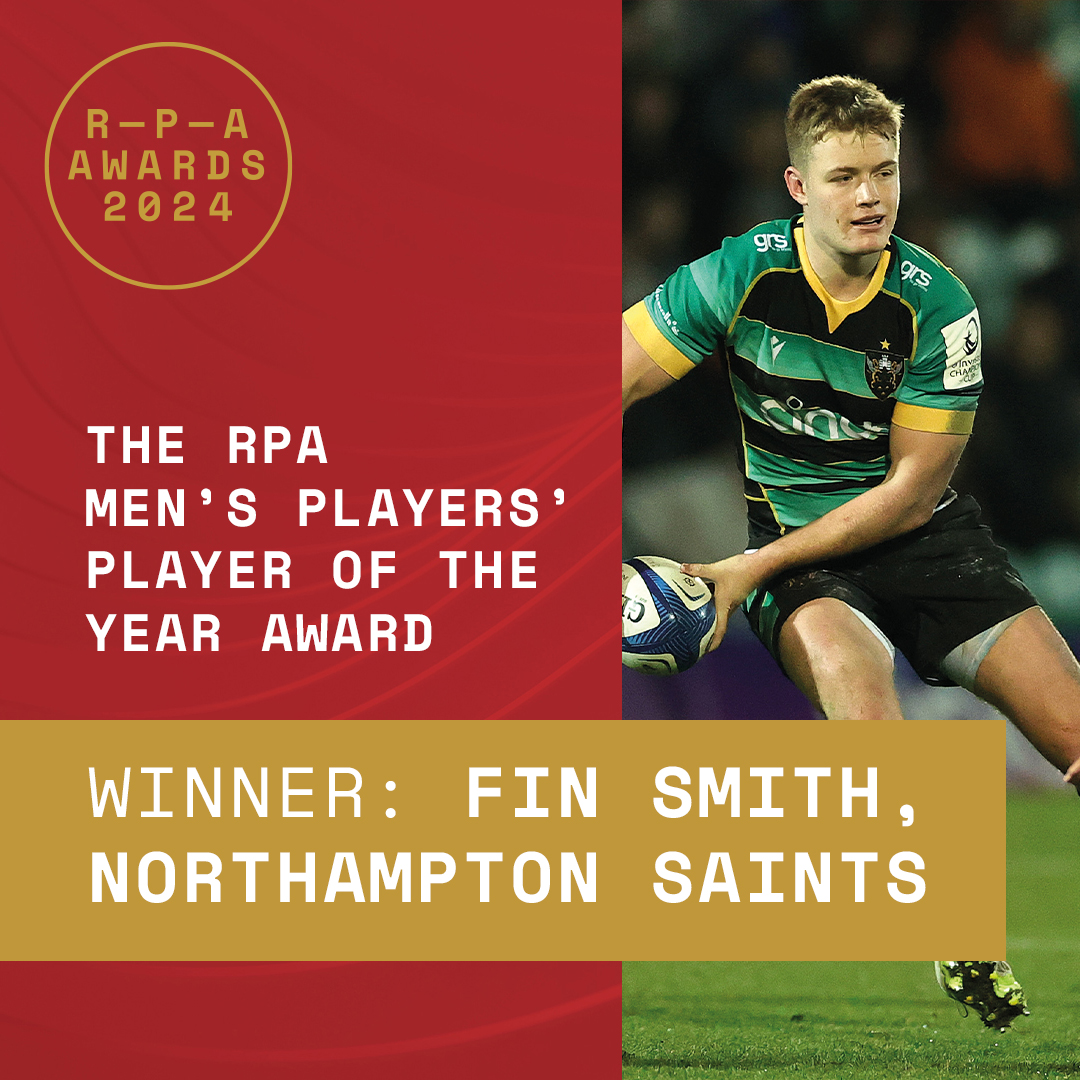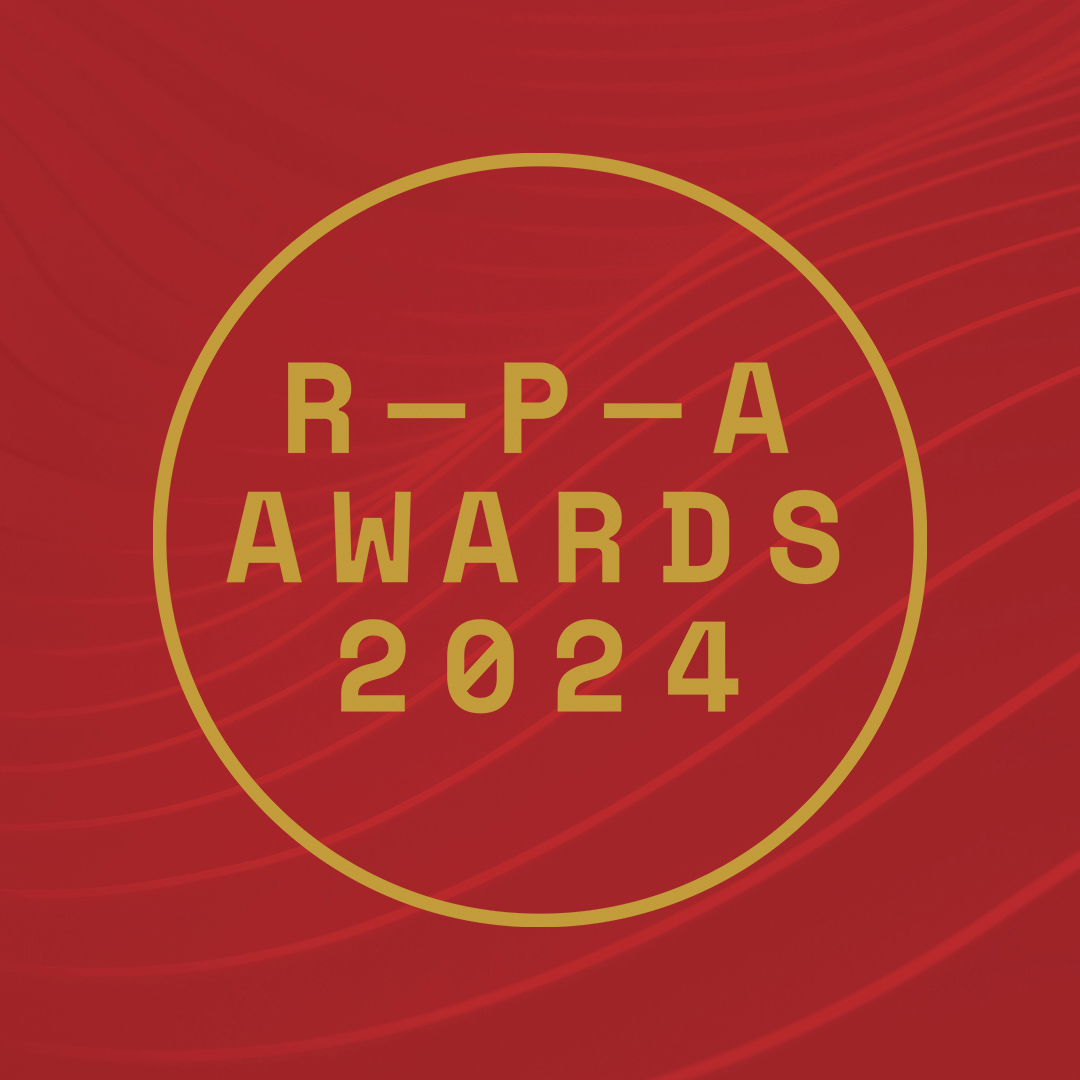Inclusion and Diversity Action Plan for the Elite Game of Rugby in England

The Rugby Football Union (RFU), Premiership Rugby (PRL), Premier 15s (P15s) and Rugby Players Association (RPA) is today publishing its Inclusion and Diversity Action Plan for the elite game.
Inclusion and diversity have been a significant focus for rugby union over recent years, and while a great deal of work has been undertaken across all areas of the game, revelations last summer by Luther Burrell about his experiences of racism and classism during his career in the sport necessitated a deeper look at these issues and the broader culture within the elite end of the game.
The Rugby Football Union (RFU), Premiership Rugby (PRL), Premier 15s (P15s) and Rugby Players Association (RPA) have used the findings of elite game research into racism and classism and the impact of Luther’s experiences to focus and accelerate work that was already underway, to listen to the experiences of those in all elite rugby clubs and to agree an action plan.
While rugby union has been and continues to be enjoyed by millions of people in England, the experience of inclusion is varied across the game and representation of diverse groups is low. Ensuring inclusivity is at the heart of everything we do is critical to our evolution and the diversifying of our sport. It will enable greater access to our game, a more equitable experience all around and a greater diversity of talent being represented at the top of rugby union.
No single entity can do this alone. It requires situational and behavioural changes, underpinned by collective understanding, collaborative effort and transparency.
Bill Sweeney, RFU CEO, said: “To embed the change we all want to see following Luther’s frank and disturbing feedback to us about his experiences, requires collective action from all the major stakeholders in the English game.
“The findings from our research into racism and classism in rugby union have been revealing and have hardened our resolve to address and remove these forms of discrimination and experiences from our game and put inclusion at its very heart.
“The action plan we have developed, with Premiership Rugby, Premier 15s and the Rugby Players Association, aims to evolve the culture in rugby, build greater awareness through education and develop systems that are underpinned by greater engagement with under-represented groups in the game to today. By ensuring diverse voices are being heard across all levels of the sport, we will broaden and provide better access for future players, coaches and leaders.”
“Working together, the RFU, PRL, P15s and RPA, will act collectively to eliminate any form of discrimination from our game and ensure club environments are inclusive for any player from every background.”
Simon Massie-Taylor, Premiership Rugby, CEO said: “There is no place for racism in our society or the game of rugby. “We understand the issues around us and have pledged to educate our game and implement change through the Action Plan that has been announced today.
“As part of the Action Plan we can confirm that mandatory training will involve all players, coaches and staff at Premiership Rugby clubs - starting before the end of the season. These training sessions will tackle the issues highlighted by players across the elite game.”
Christian Day, RPA General Secretary of the Trade Union, said: “The RPA welcomes the Inclusion and Diversity Action Plan as a positive example of collaboration between the game’s stakeholders and it is action such as this that Luther was calling for when the news of his experience first broke. This has included consistent involvement of the RPA’s player-chaired Diversity and Inclusion Board, a valued and influential forum for representing player voice. We must aim to set an example as a sport that is inclusive to all players, staff, and fans, regardless of identity or background. At the RPA we encourage and value open and honest conversations, challenge and innovation. Always with the aim of improving the culture that our members, and all, will then benefit from in years to come.”
Research into the experiences of racism and classism in elite rugby in England and the game-wide I&D Survey
Between September and December 2022, the RFU, PRL and RPA commissioned independent research into players’ experiences of classism and racism in the elite game and launched, for the first time, an elite game-wide inclusion and diversity survey to gather broader sentiments in the game. The insight is based on the findings of interviews with primarily senior players but also staff, parents and academy players. While the survey gathered insights from approximately 500 people at the top end of the men and women’s game.
Key findings from the research are:
- Rugby is by its nature an inclusive sport. Once you are on the pitch, no one cares about your background - the only important thing is how well you play.
- However, discrimination and experiences of exclusion remain. The qualitative research found that in every area of elite rugby - men’s and women’s, national team, clubs and academies – players had experienced some form of racism.
- Additionally, a sense of belonging is not universal while the perceived need to assimilate, as well as being stereotyped, exists, particularly for players of colour.
- Classism, either accessing and navigating through the pathways or personal experiences within elite environments, is an issue which affects the game and fuels an elitist perception.
- Reporting of incidents of discrimination is low across the elite game and it is felt that leaders are the cornerstone to driving change for the better.
- The burden to call out poor behaviour and discrimination tends to land on under-represented groups.
- Efforts by the game to respond to discrimination to date, while well intended, have been either short-lived or perceived as performative.
- Disparities and inequities between the men and women’s game is the biggest inequality faced by women.
- Microaggressions are mostly experienced or witnessed by women and ethnically diverse communities.
- While there is a sense that discrimination is decreasing in the game broadly, this trend is moving at a slower pace for women and ethnically diverse communities.
The findings of the research have been presented to key personnel at the Premiership clubs including CEOs, Directors of Rugby (DORs) and HR teams, the RPA’s D&I Player Board, and the RFU I&D Advisory Group and Council I&D Implementation Group. Collectively the RFU, PRL, P15s and RPA have considered the recommendations in the independent research and are committed to the following I&D Action Plan
Educate:
- Provide game-wide I&D education both online and in-person.
- Deliver active bystander training for all clubs and academies.
Understand:
- Develop a Leadership Forum for Owners, CEOs, Chairs, DORs and captains.
- Improve player forums.
- Track diversity of personnel with a view, of being targeted in our approach to increase diverse representation in leadership positions across the game.
- Mentoring programmes to support pipeline development.
- Academy specific I&D action plans – already being developed but aligned to broader plan.
- Continued qualitative and quantitative insight gathering.
Change:
- Engagement programmes connecting grassroots efforts into the pathways.
- Club specific reviews of their reporting systems, recruitment approaches and their I&D related policies.
- Club specific I&D plans – data gathering, education and training and engagement.
- Reporting campaign – raising awareness of processes and systems in place, building trust in them and removing concerns around the negative impact of reporting.
- Through structural reforms, developing greater access to higher-levels of the game for under-represented groups such as women and girls, and ethnically and socio-economically diverse communities.
- Annual reporting on progress publicly – from 24/25 onwards.
Gloucester Rugby CEO Lance Bradley said: “The findings of the insights work have been important to hear, and we are fully committed to working with PRL, RFU and RPA to put the recommendations into action. We are committed to ensuring our players and staff are working in an environment in which they feel respected, valued and listened to.
"Club chief executives have discussed this issue at length and there is strong support across our clubs for collective action to address the issues of inequality that have been raised."
I&D action to date in rugby
- Established the RFU I&D action plan with four key focus areas - Game Play; Fans, Followers and Partners; Employees and Board; and Game Leadership. Key updates for each area are available from page 9.
- Recruited an RFU I&D team.
- Developed of the RFU ‘Every Rose’ action play to accelerate the growth of the game for women and girls.
- Appointed an external I&D advisory panel to provide insights, to shape plans, as well as challenge the RFU on its progress in delivering on its diversity and inclusion goals.
- Worked with leading I+D education provider, Pearn Kandola, to create a bespoke Active Bystander training programme that has already been delivered to the England Men’s senior team, Premiership Academies, numerous clubs across the country and staff members at the RFU and RPA. A number of RFU delivery staff have been trained to deliver this module and it is currently being rolled out at all levels across the game.
- Partnered with Accelerate Sport to devise an online training module focusing on Inclusion & Diversity specifically developed for age grade players in the game. This module is in addition to the numerous courses that the RFU offer to clubs and players through Accelerate Sport.
- Appointed an Inclusion and Diversity panel with 11 new independent members to hear all disciplinary cases relating to both on and off-field rugby matters which involve an allegation of discriminatory behaviour. The panellists come both from inside and outside of the game as well as legal and non-legal backgrounds and have either a professional or personal sporting background. Their biographies can be read here [LINK].
- Delivered the All Schools programme to increase the number of secondary state schools playing rugby union and to encourage new players to join local clubs.
- Commissioned an elite game Inclusion and Diversity survey, which received close to 500 responses, detailing people’s perceptions and experiences of inclusion in the game and the witnessing and experiences of discrimination in the game, amongst other insights.
- Project Rugby has built new participation opportunities tackling the inequality of access for over 80,000 young people from underrepresented groups including ethnically diverse communities, people from low socio-economic backgrounds and people with a disability.
- PRL has signed up to the Sporting Equals Charter and has sponsored 10 spaces on their Leaderboard Academy for former / current players and staff members to support the development of a pipeline of board-ready candidates, representative of society as a whole.
- In 2020 Rugby against Racism was launched to show that clubs and players stand united in the fight against racism and support for equality.
- Access audits of club stadia embedded into the PRL Minimum Standards Criteria (MSC) to improve access for disabled fans by improving information, customer service and facilities for people with disabilities. Since 22/23 the MSC now requires reporting on diversity stats to understand the make-up of the game in more detail.
- Supported Stonewalls Rainbow Laces weekends since 2017 with a themed round of games and this year working closely with International Gay Rugby to support the inclusion of LGBTQ+ fans.
- Collaborated with Stonewall on the development of a sports toolkit for grassroots sport to build awareness and understanding of the issues affecting LGBT people.
- Adopted an Unacceptable Behaviour Policy that takes a zero-tolerance approach to any racist, homophobic or other abuse directed at players, coaches, match officials or spectators. The policy provides guidance to assist those involved in a match (i.e. players, match officials, coaches and other staff) to properly report incidents of abuse at a match.


















